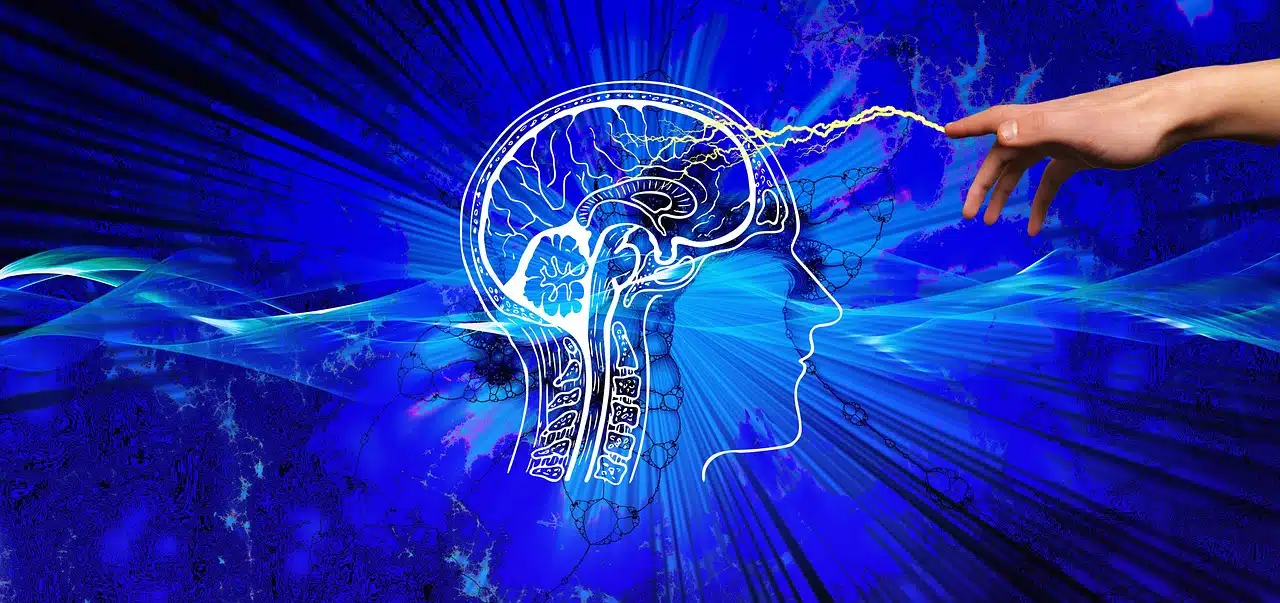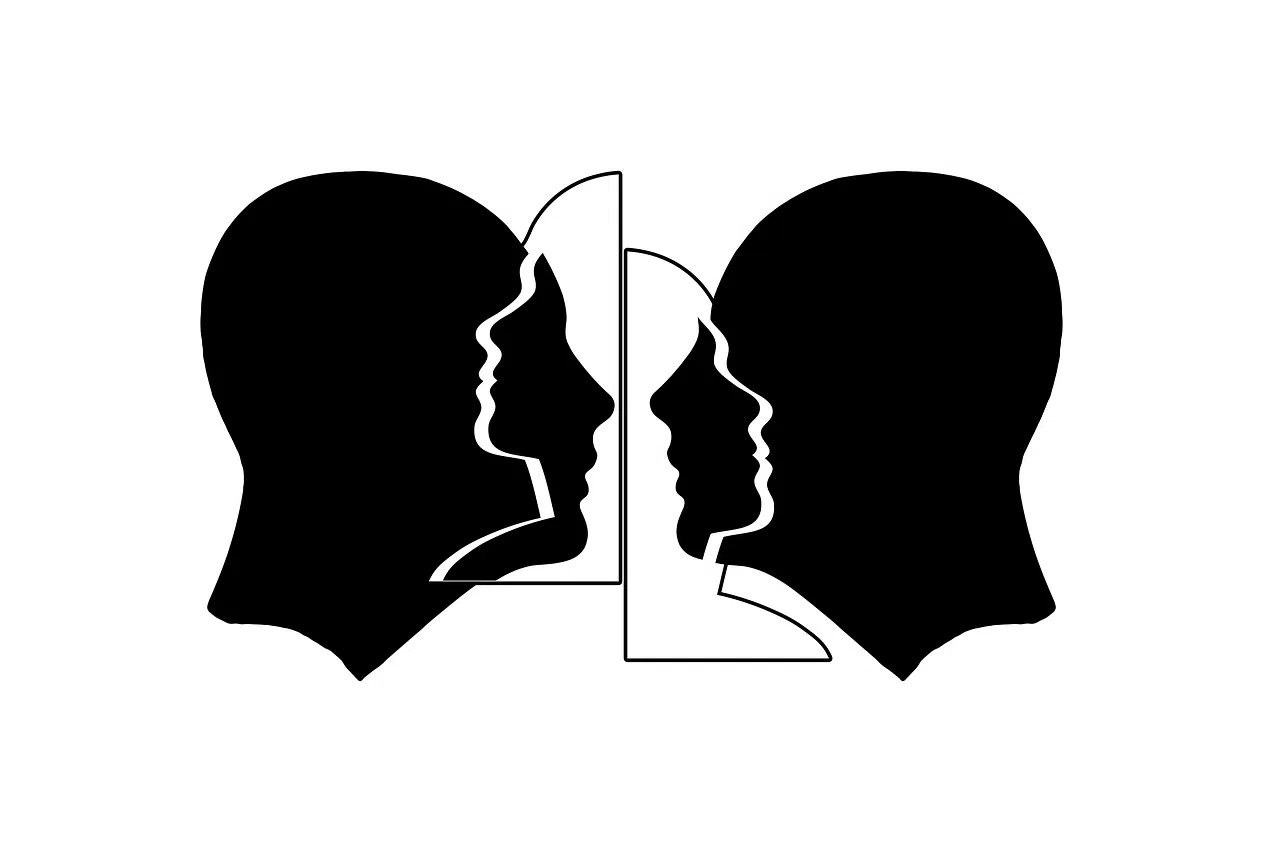
Experimental psychology considers that the variables that affect a patient can be observed, manipulated and recorded.
Experimental psychology is the branch of psychology that maintains that issues of the psyche can be studied by observing, manipulating and recording the variables that affect the patient. It is, therefore, appealing to the experimental method .
Experimental psychology has its specificity, then, in its methodology . Any psychological current that uses its method (experimental) can be included within experimental psychology, regardless of its central interest.
Pioneers of experimental psychology
One of the pioneers of experimental psychology was the German physicist Gustav Theodor Fechner . In 1860 , Fechner was already trying to prove the link between physical magnitudes and those of the senses through experimental data.
However, the pioneering laboratory for the study of experimental psychology would arrive in 1879 , with the German psychologist Wilhelm Wundt . This is also considered one of the key points in the birth of scientific psychology .
Wundt 's postulates led academicism until the beginning of the 20th century ; From then on, the introspective methodology began to gain strength. Scientific tests carried out on animals were the next step in experimental psychology, until the founding of behaviorism . This discipline understood psychology as the science of observable and external behavior .

It is possible to recognize different schools in experimental psychology.
Various schools
In any case, introspection did not stop being studied. The study of perception developed by Gestalt in Germany extended to various fields, such as learning , creativity, and problem solving. Gestalt psychology focused on the relationships between stimuli and context.
It is important to highlight the fact that this experimental psychology gave rise to the birth of a series of schools that had it as a fundamental pillar. This would be the case, for example, of the Pavlov school, which stood out for being especially interested in neurophysiology or behaviorism with John B. Watson at the helm.
Specifically, this last school stands out for the fact that it fundamentally focused on measuring responses to various stimuli, leaving aside what could be emotions, ideas or mental experience . A psychological area that had its most relevant role in the period between the First and Second World Wars.
Functionalism and experimental psychology
However, we cannot ignore another school that was influenced by the development of experimental psychology: functionalism .
What he focused on was trying to demonstrate the existing biological laws that determine behavior. Among the main authors who developed it, for example, George Herbert Mead , William James or John Dewey stand out.
The SEPEX
To all of the above we can add the fact that in Spain there is an organization called SEPEX ( Spanish Society of Experimental Psychology ) which was founded in 1997 .
Its objectives are to promote the development of scientific knowledge in the different fields that psychology has, promote research as well as the publication of its results or promote relations with international and national organizations with similar characteristics.
